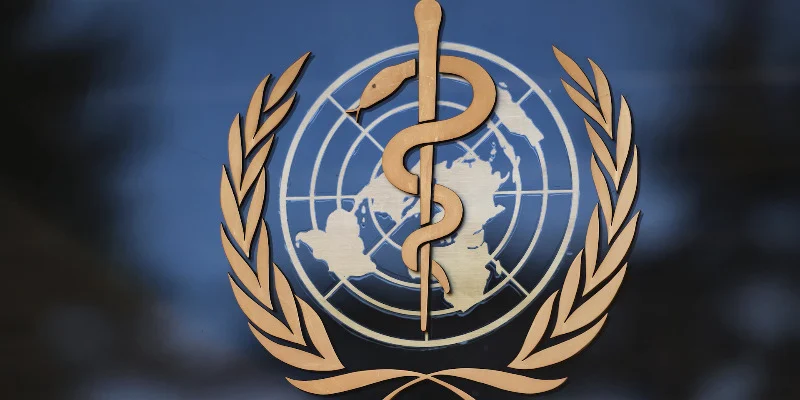Breaking News
WHO Reports Global Cholera Deaths Rise for Second Consecutive Year
The World Health Organization says cholera deaths rose by 50% in 2024, with over 6,000 lives lost. Africa, Asia, and the Middle East remain hardest hit as WHO urges urgent action on water, sanitation, vaccines, and treatment.

The World Health Organization (WHO) has reported a sharp rise in global cholera cases and deaths in 2024, marking the second consecutive year of worsening outbreaks despite the disease being both preventable and treatable.
In a statement released Friday, WHO said reported cholera cases increased by 5% while deaths surged by 50% compared to 2023, with more than 6,000 people dying in 2024.
“While these numbers are themselves alarming, they are underestimates of the true burden of cholera,” the agency noted, linking the surge to conflict, climate change, population displacement, and inadequate water, sanitation, and hygiene infrastructure.
The disease, caused by the bacterium Vibrio cholerae, spreads rapidly through water contaminated with human waste.
WHO said 60 countries reported cholera cases in 2024, up from 45 in 2023, with Africa, the Middle East, and Asia accounting for 98% of all reported infections. Twelve countries logged over 10,000 cases each, including seven experiencing large-scale outbreaks for the first time.
Comoros, which had been cholera-free for over 15 years, also recorded a resurgence, underscoring what WHO called “the persistent threat of global transmission.”
The case fatality ratio in Africa rose from 1.4% in 2023 to 1.9% in 2024, exposing what WHO described as “critical gaps in the delivery of life-saving care.” One in four cholera deaths occurred outside health facilities, highlighting limited access to treatment.
To combat the crisis, WHO urged governments and partners to improve access to safe water, sanitation, and hygiene facilities, while ensuring rapid treatment, vaccination, and accurate public information during outbreaks. Stronger disease surveillance and diagnostic systems were also recommended.
WHO pointed to recent progress in vaccine supply. A new oral cholera vaccine, Euvichol-S®, was prequalified in early 2024 and added to the global stockpile, helping maintain levels above the emergency threshold of 5 million doses in the first half of 2025.
However, supply has not met demand. In 2024, 61 million doses were requested and 40 million were approved for emergency use across 16 countries. The global shortage has forced a continued reliance on a temporary one-dose regimen instead of the standard two doses.
Preliminary figures show the crisis persisting into 2025, with 31 countries already reporting outbreaks. WHO said it continues to classify the global risk from cholera as “very high,” stressing that urgent international action is needed to contain the spread and reduce deaths.









